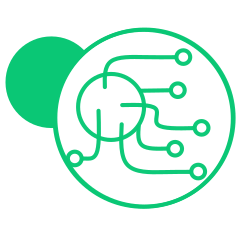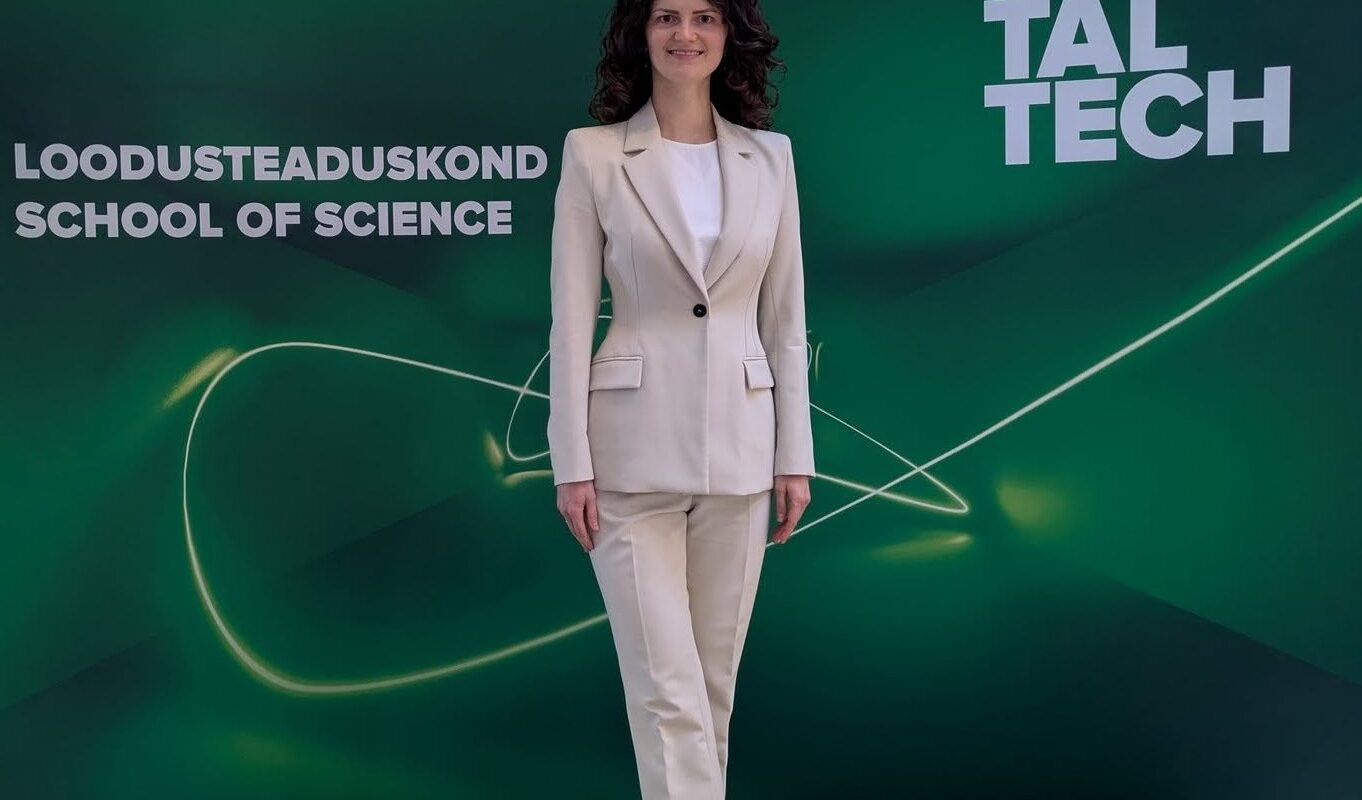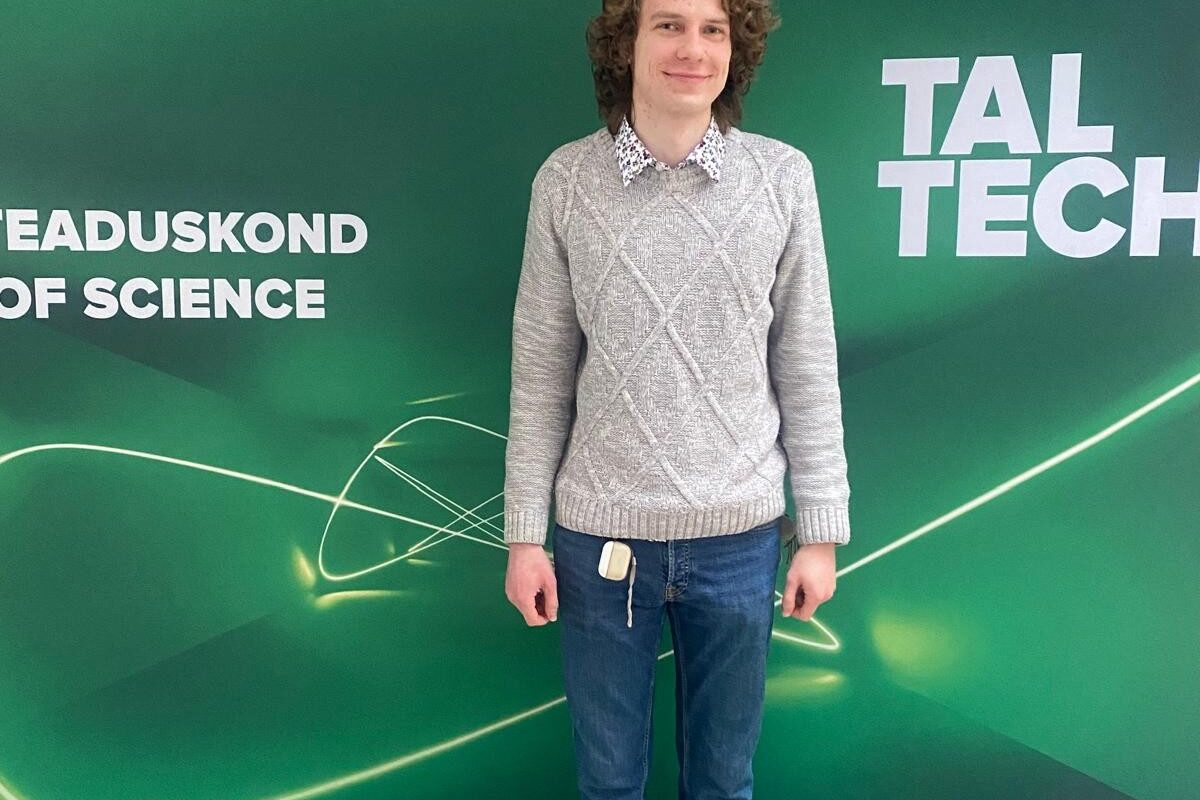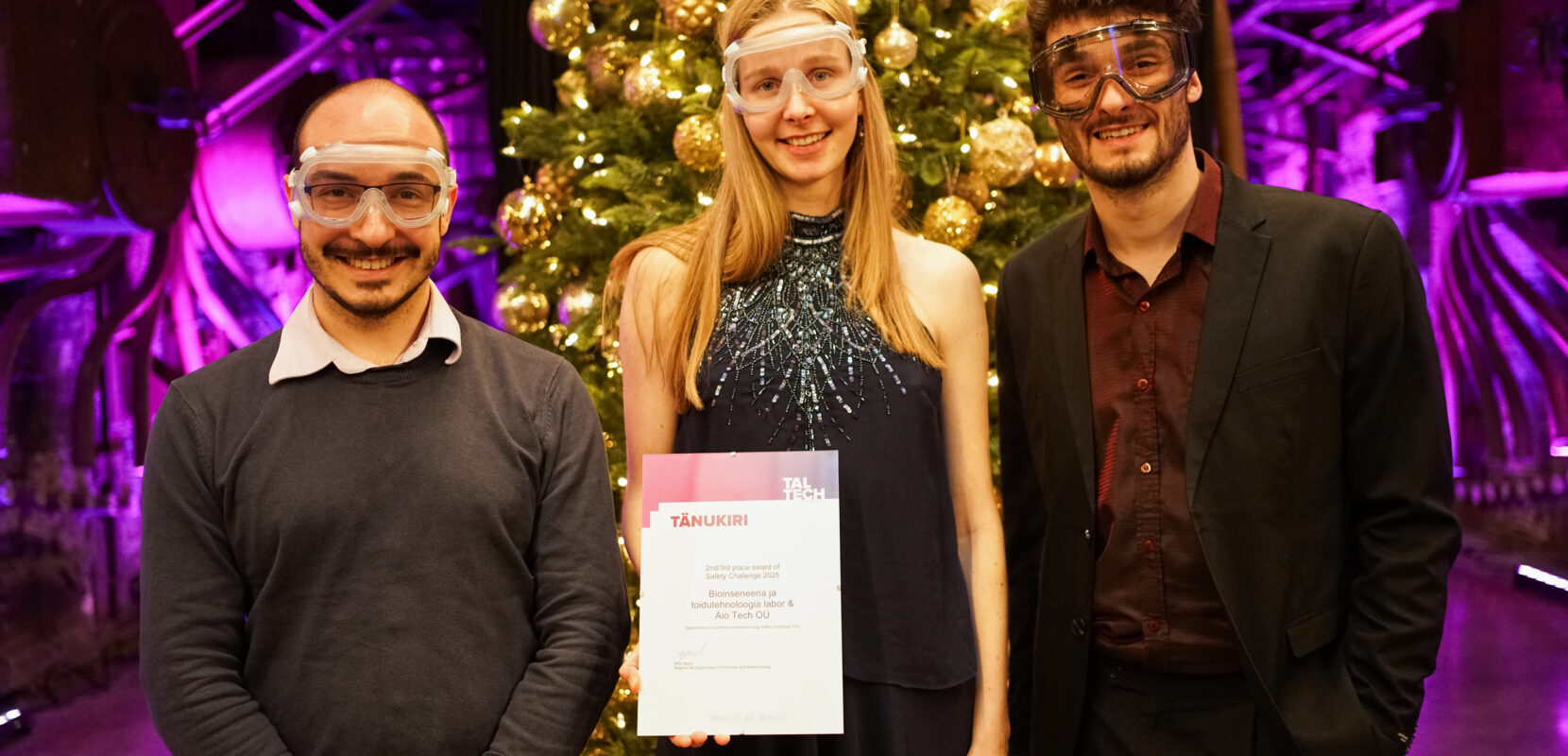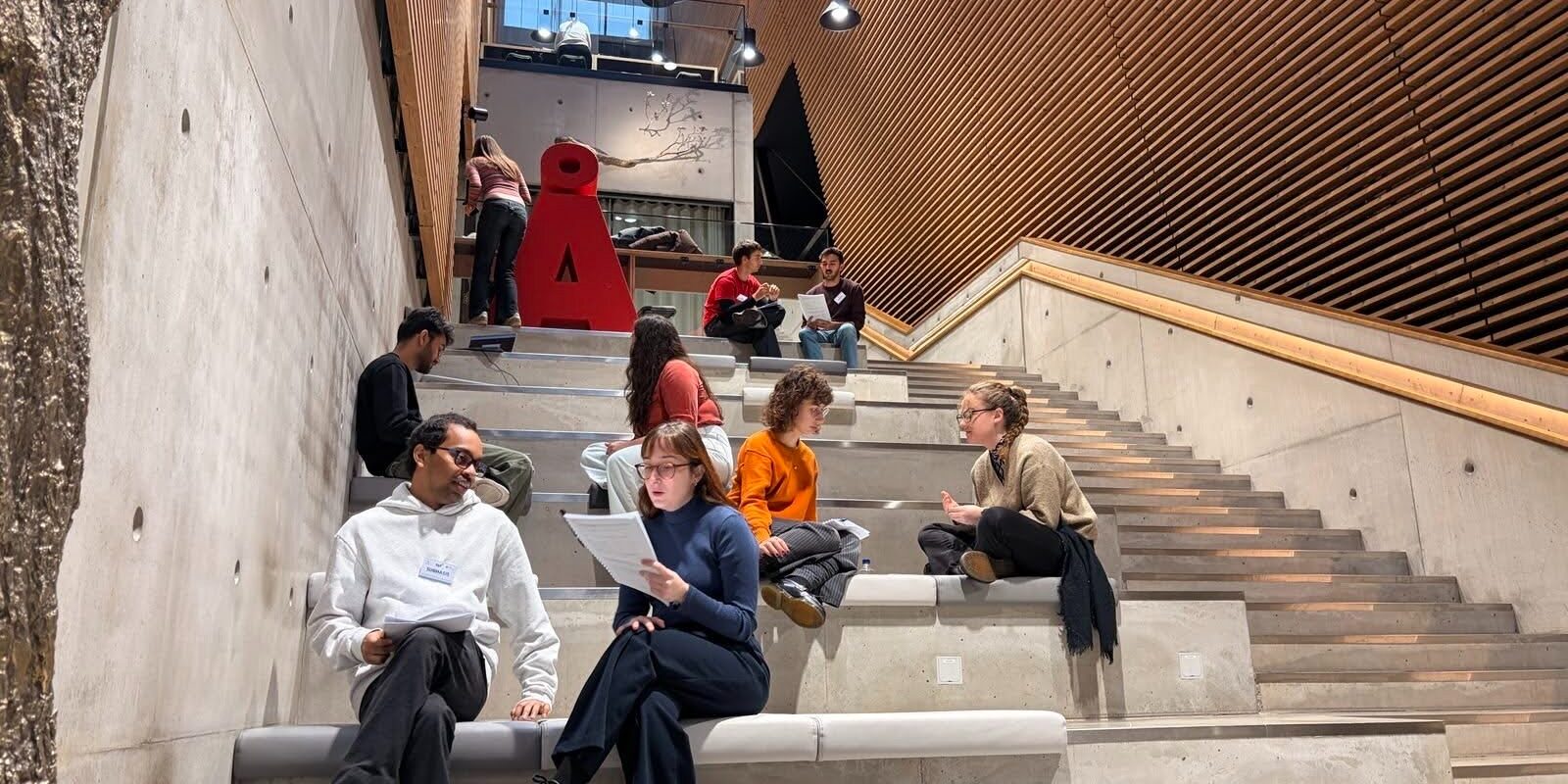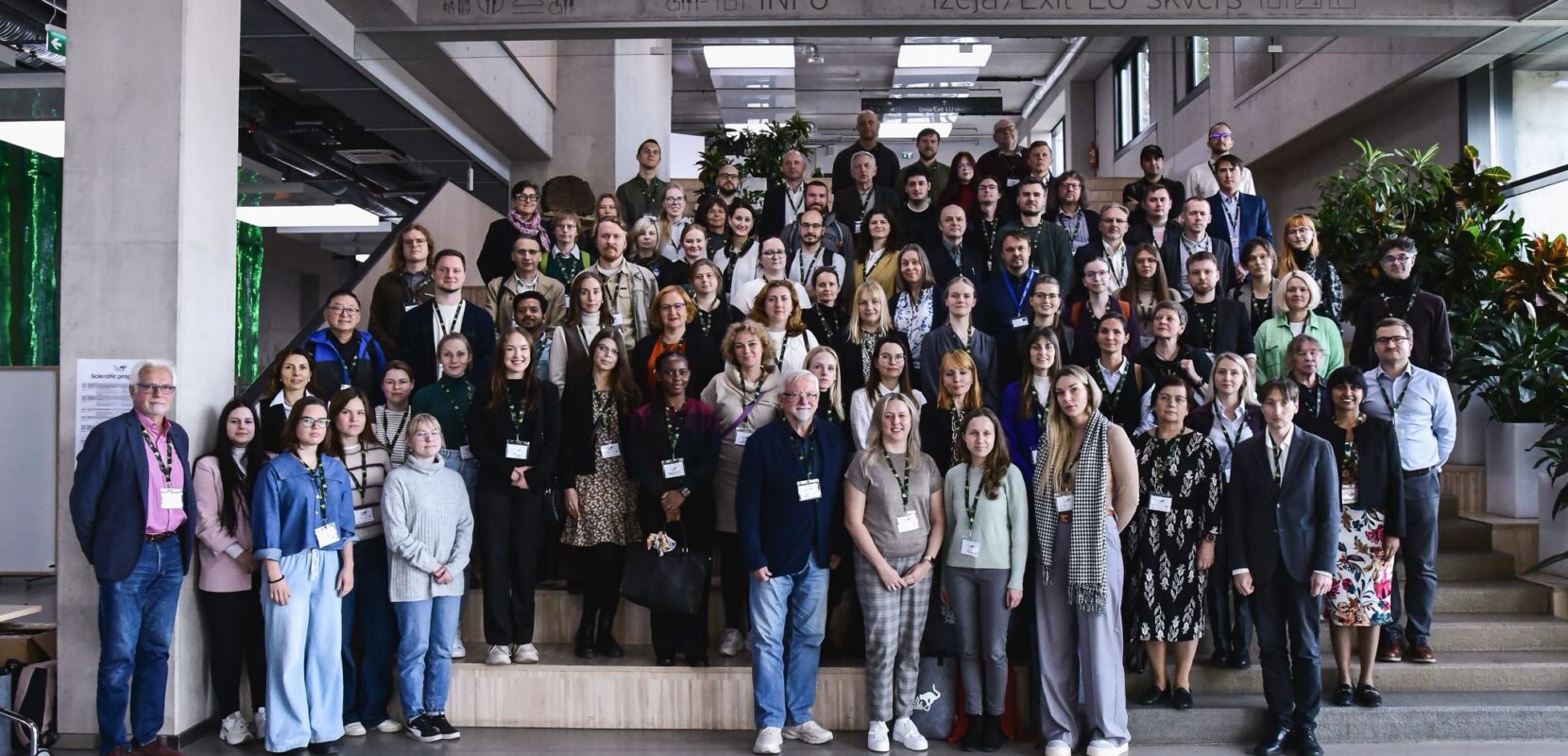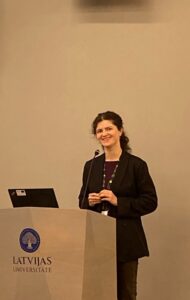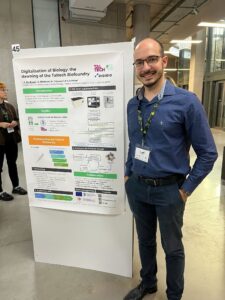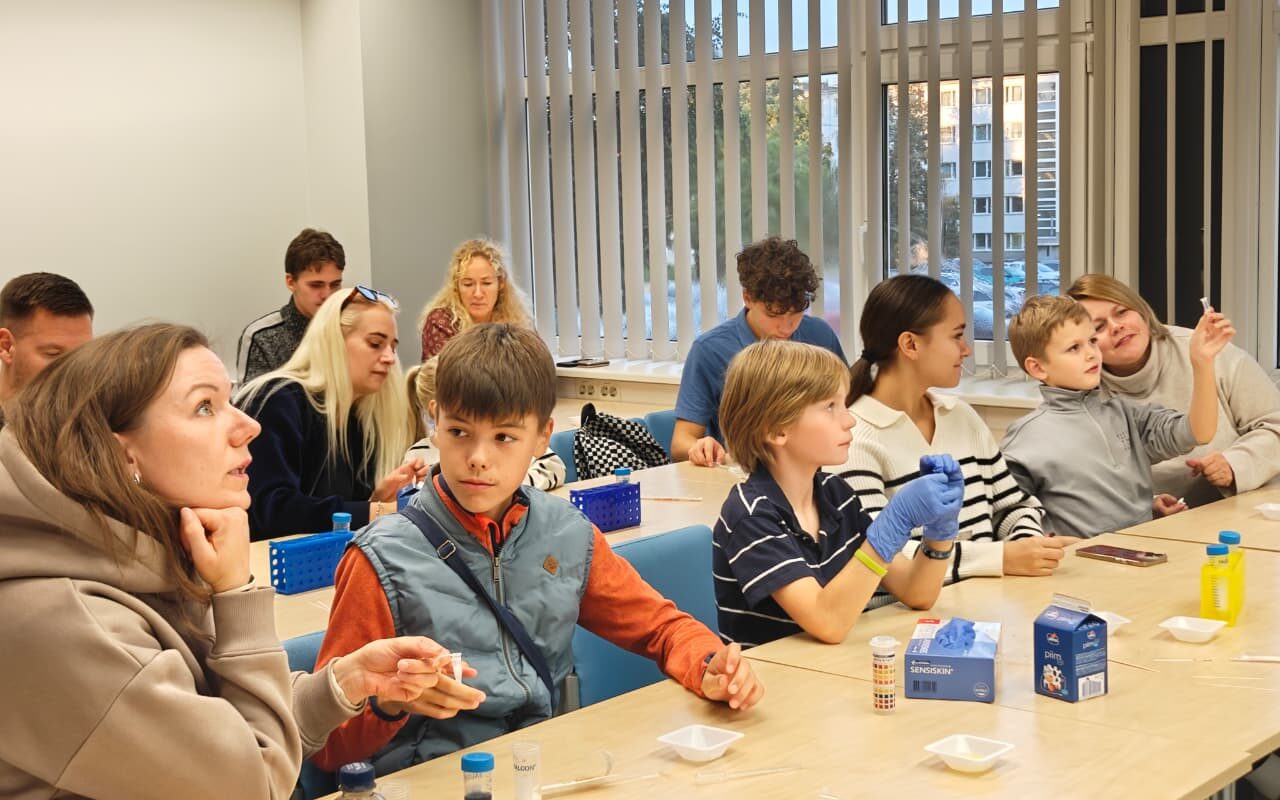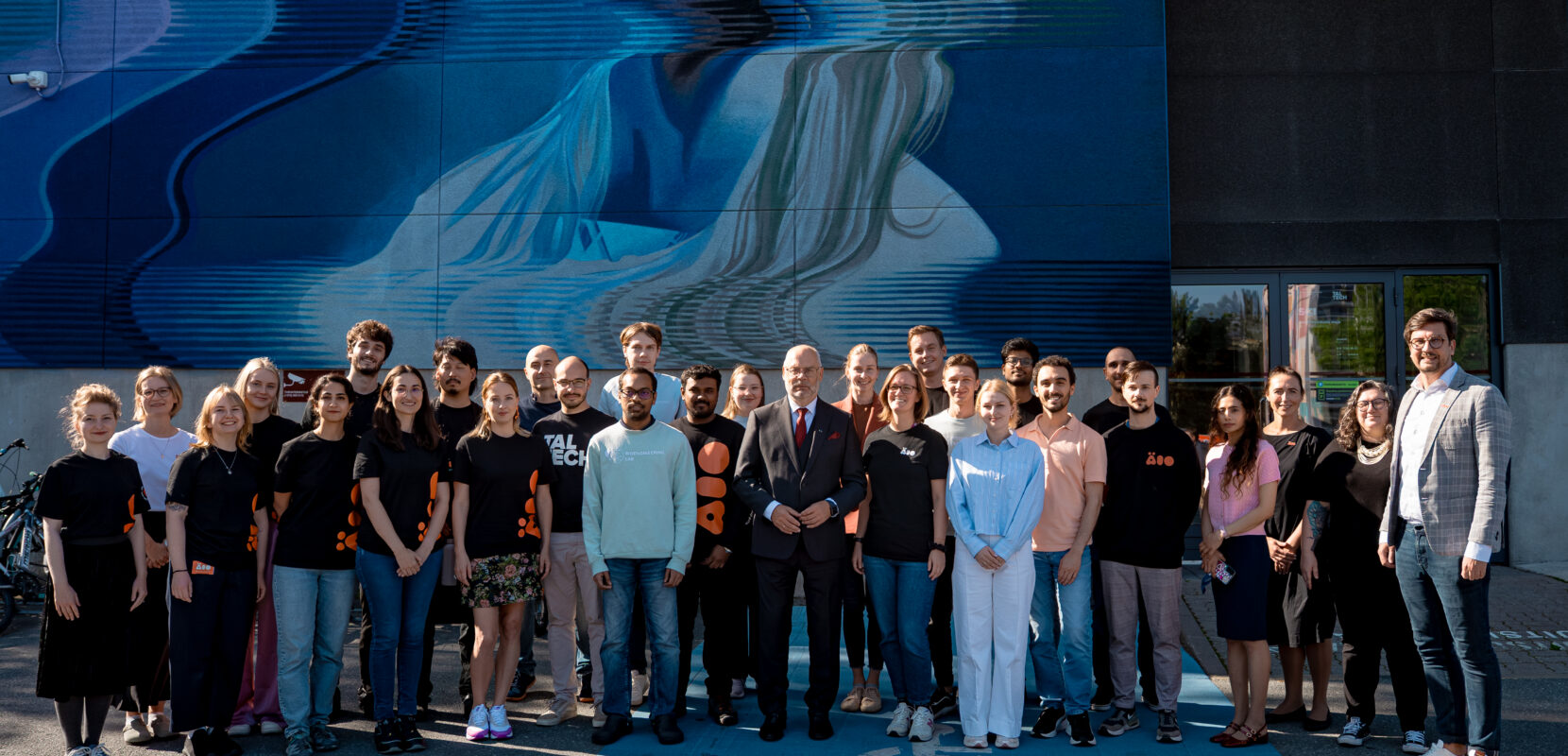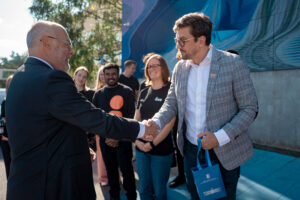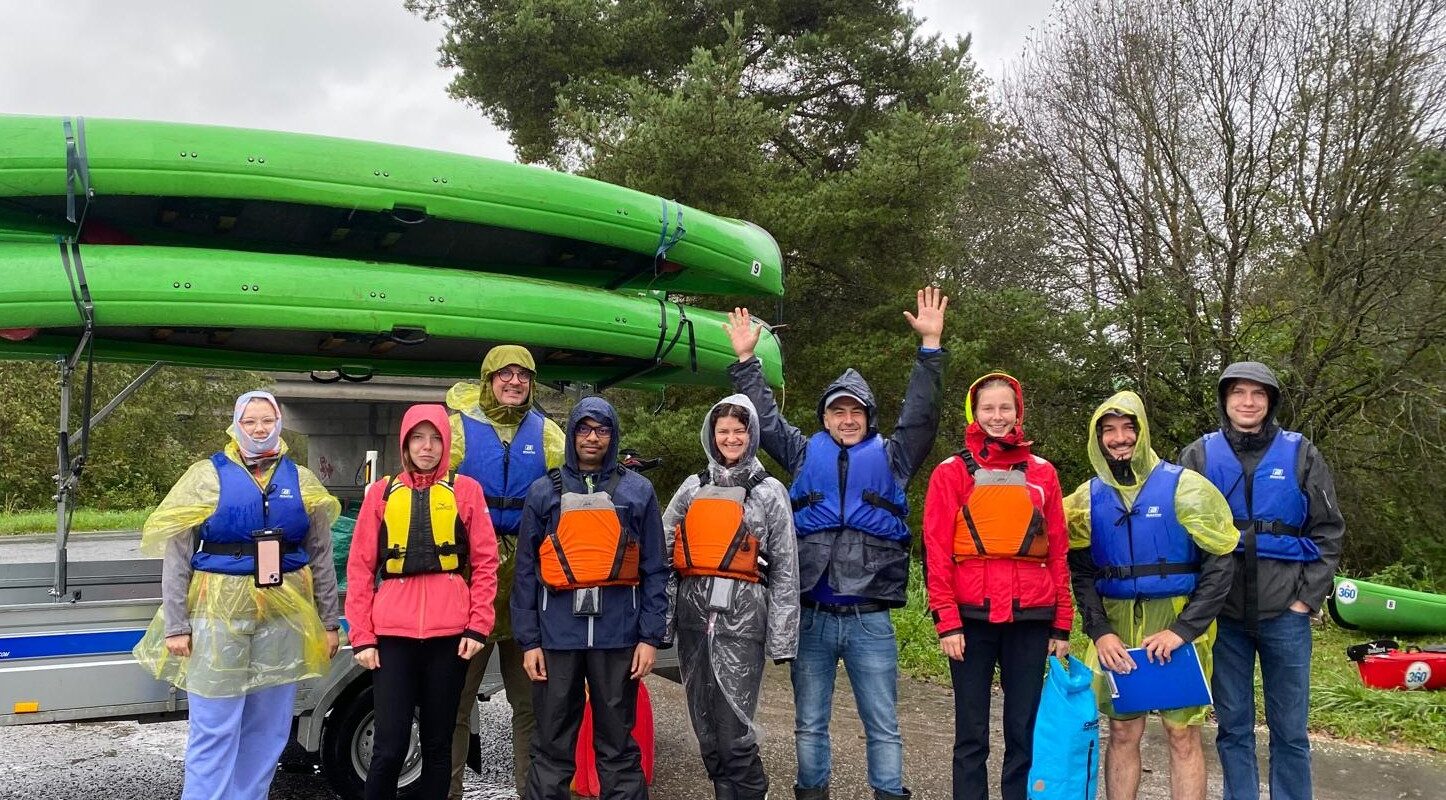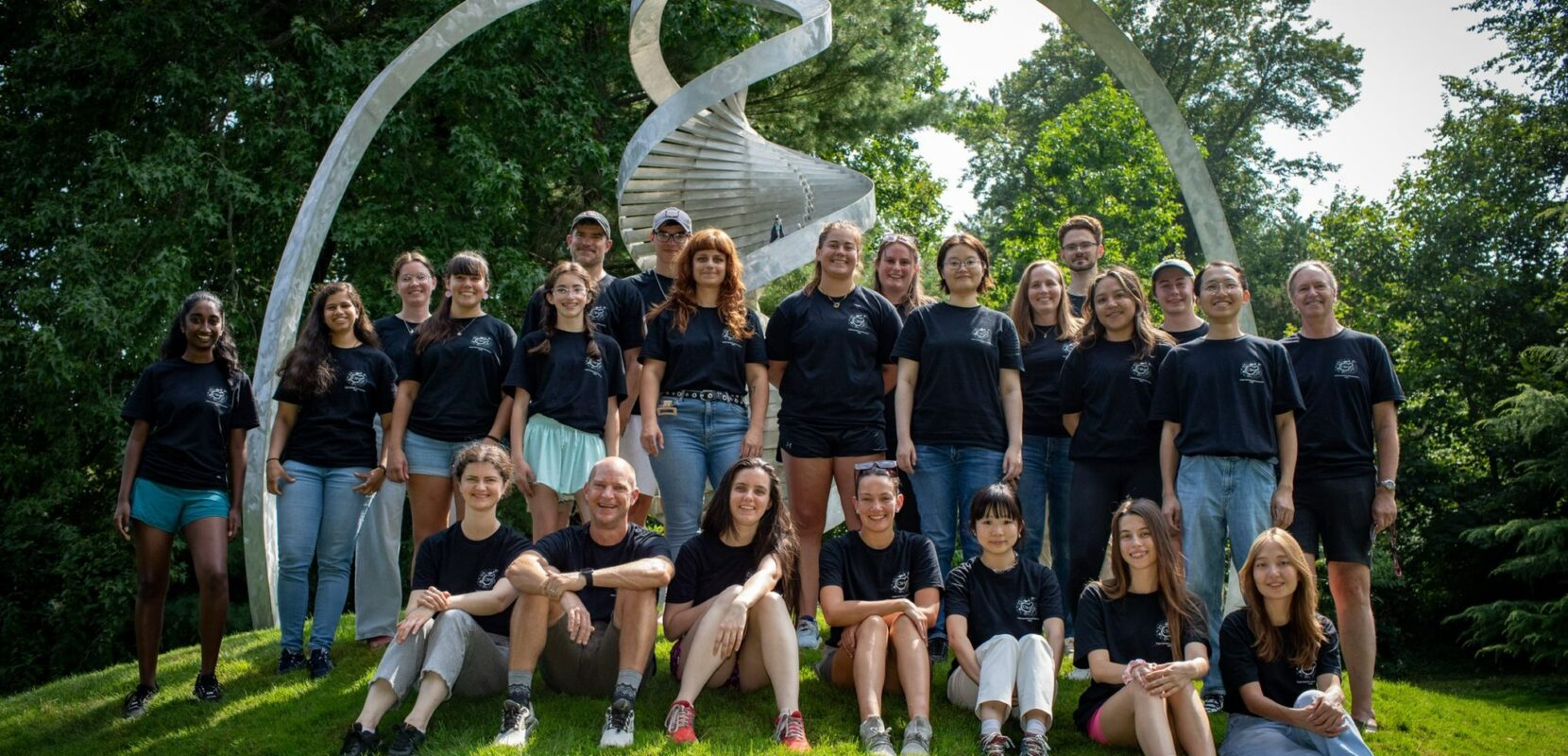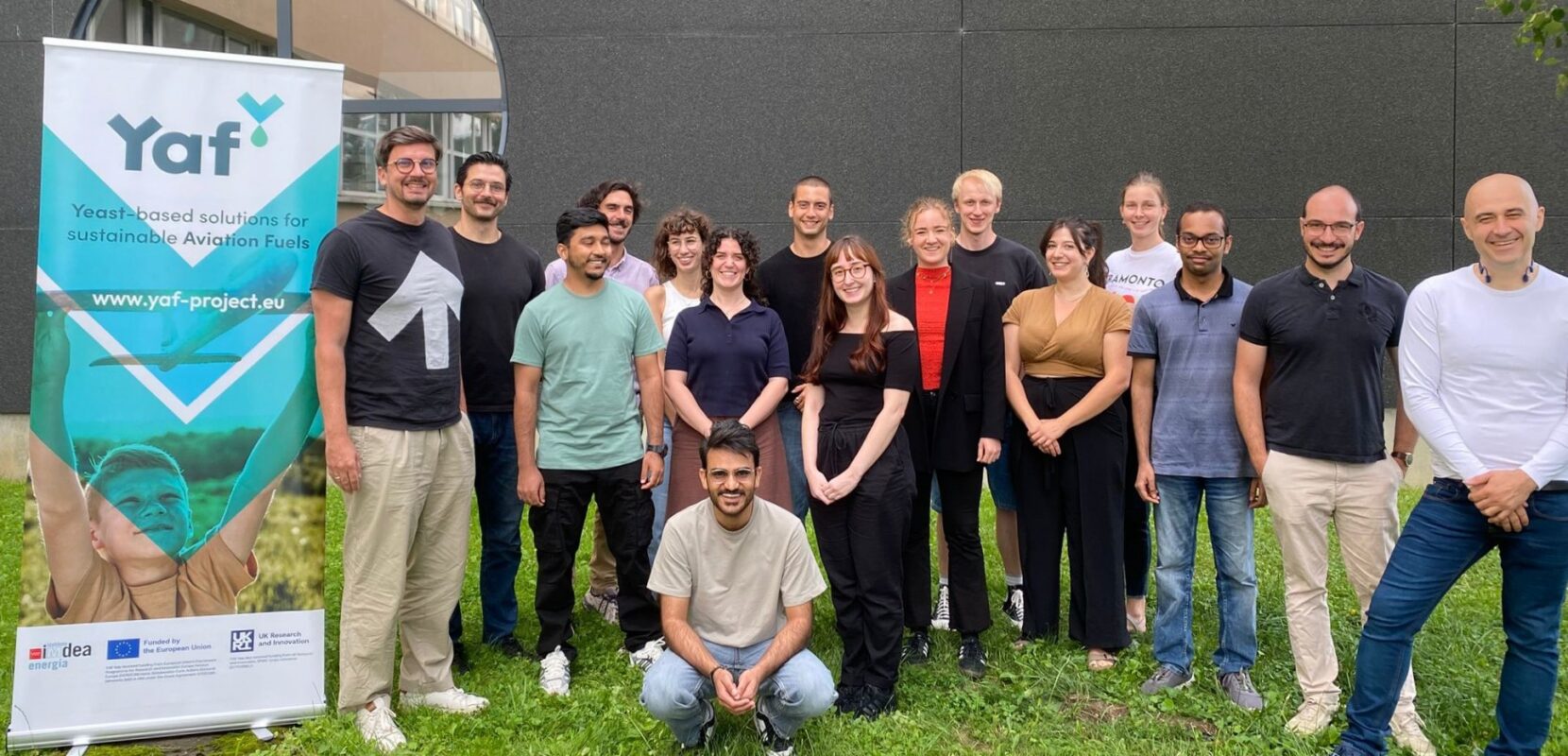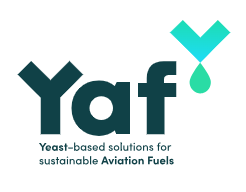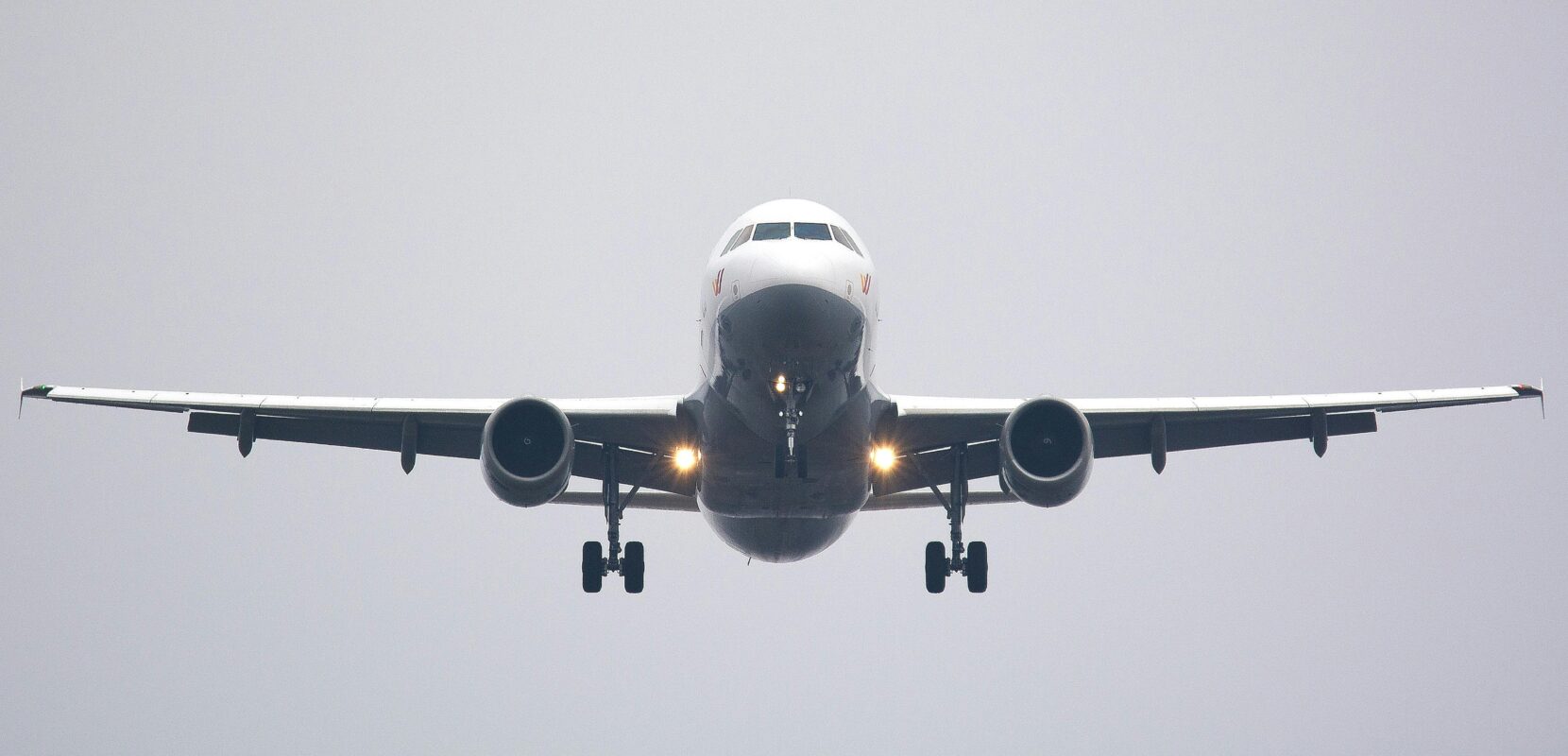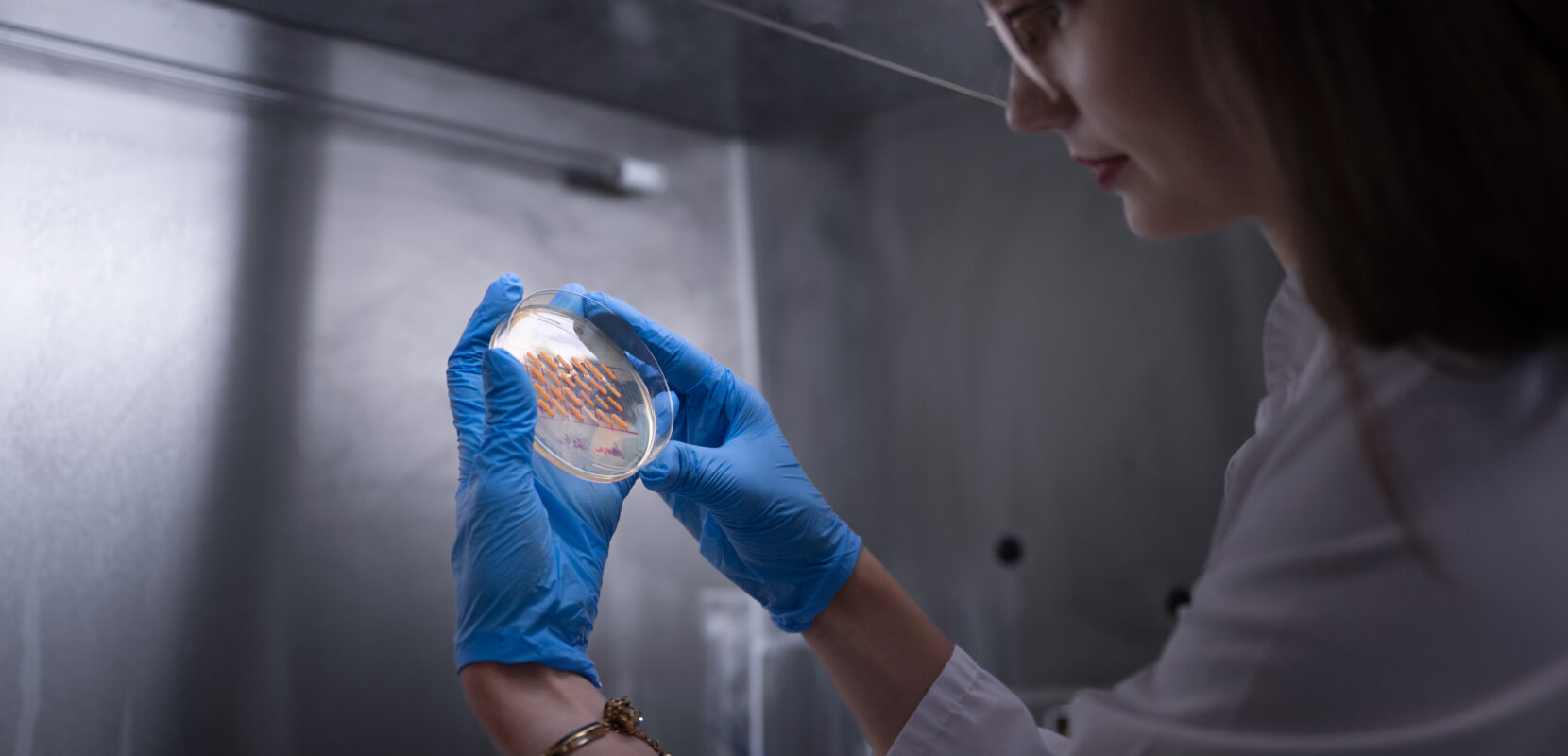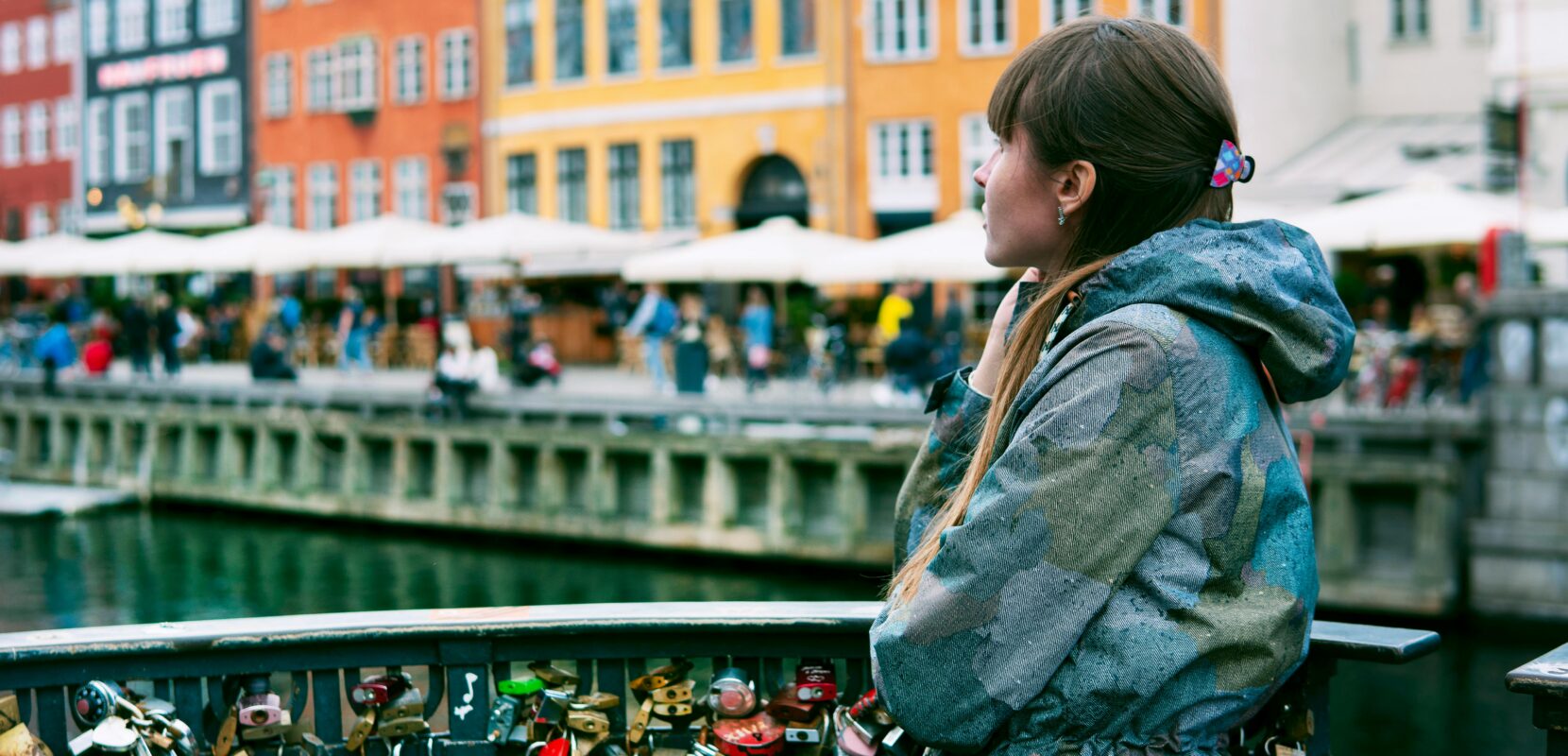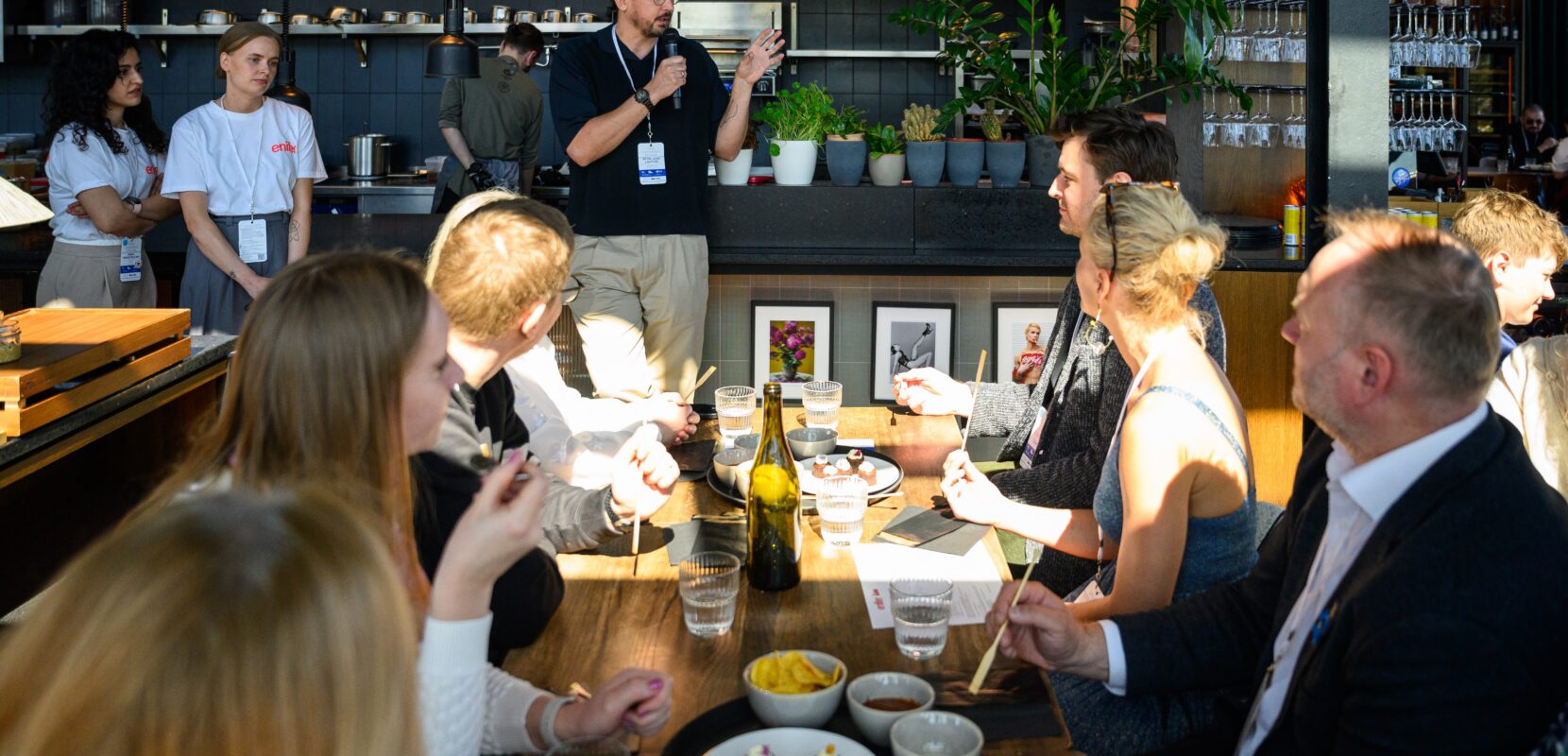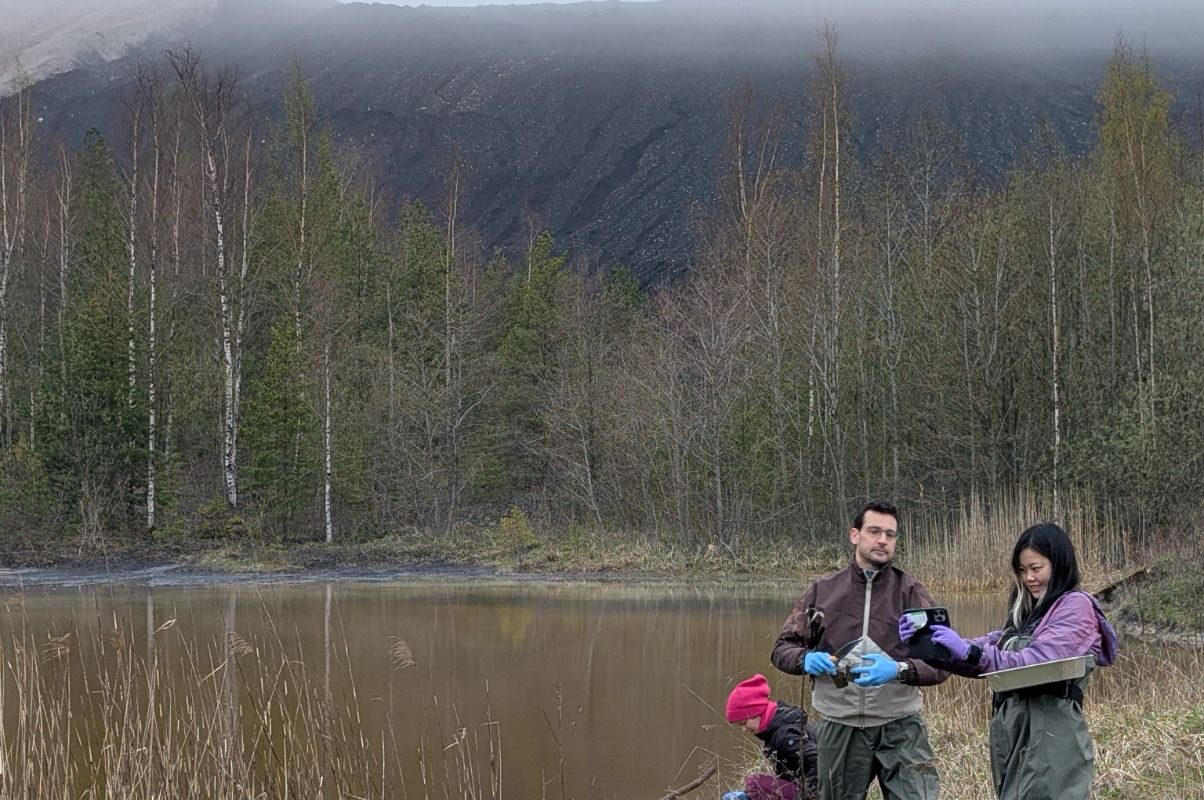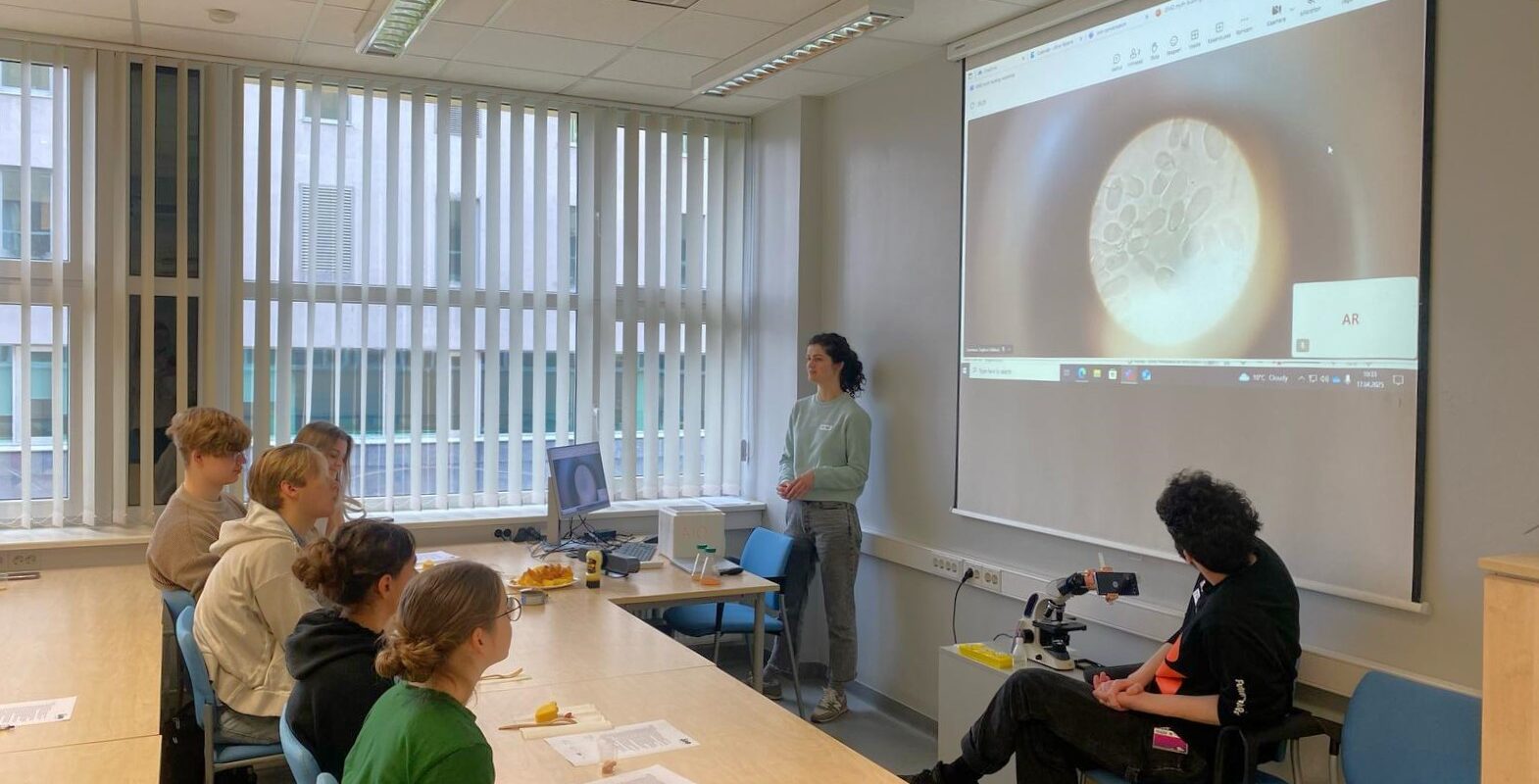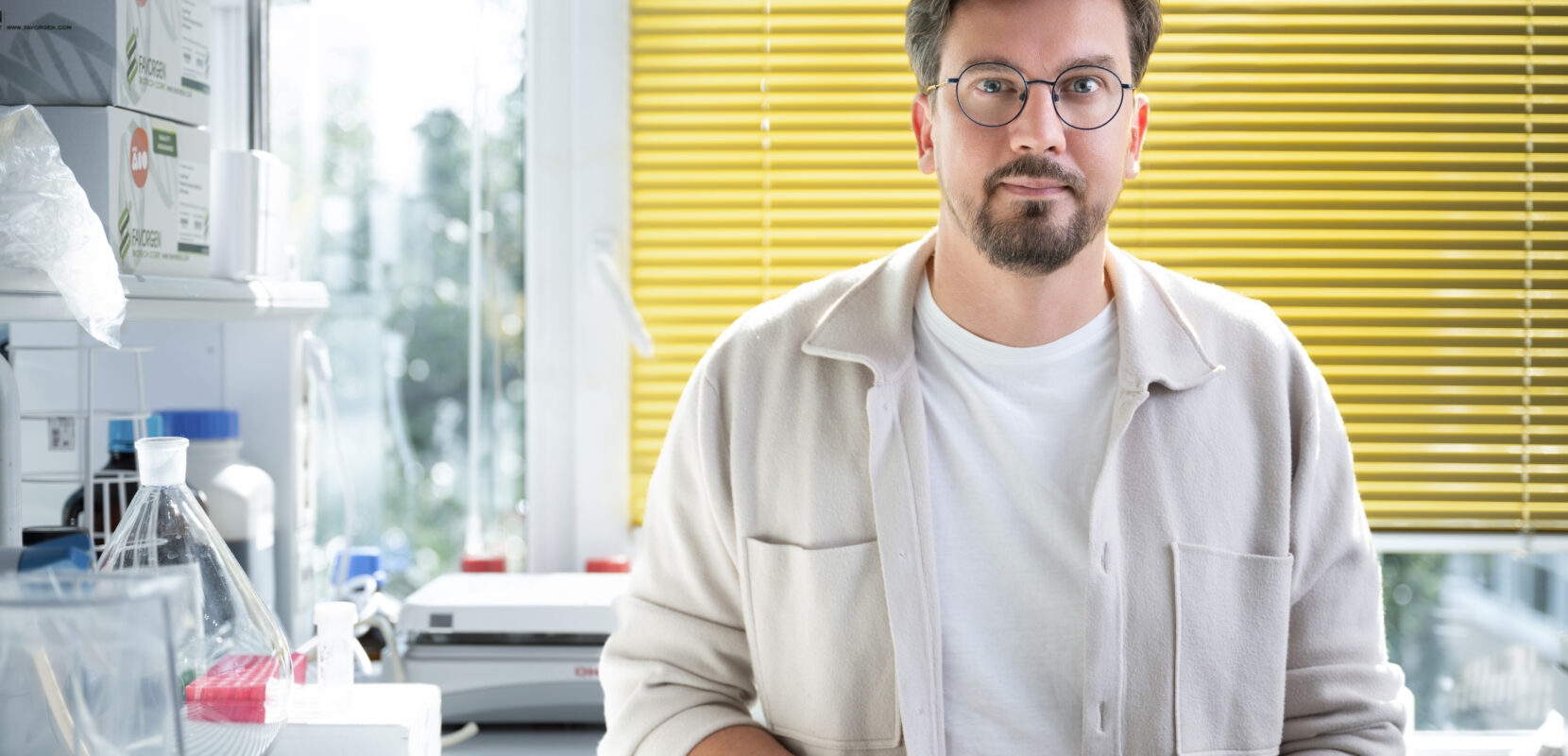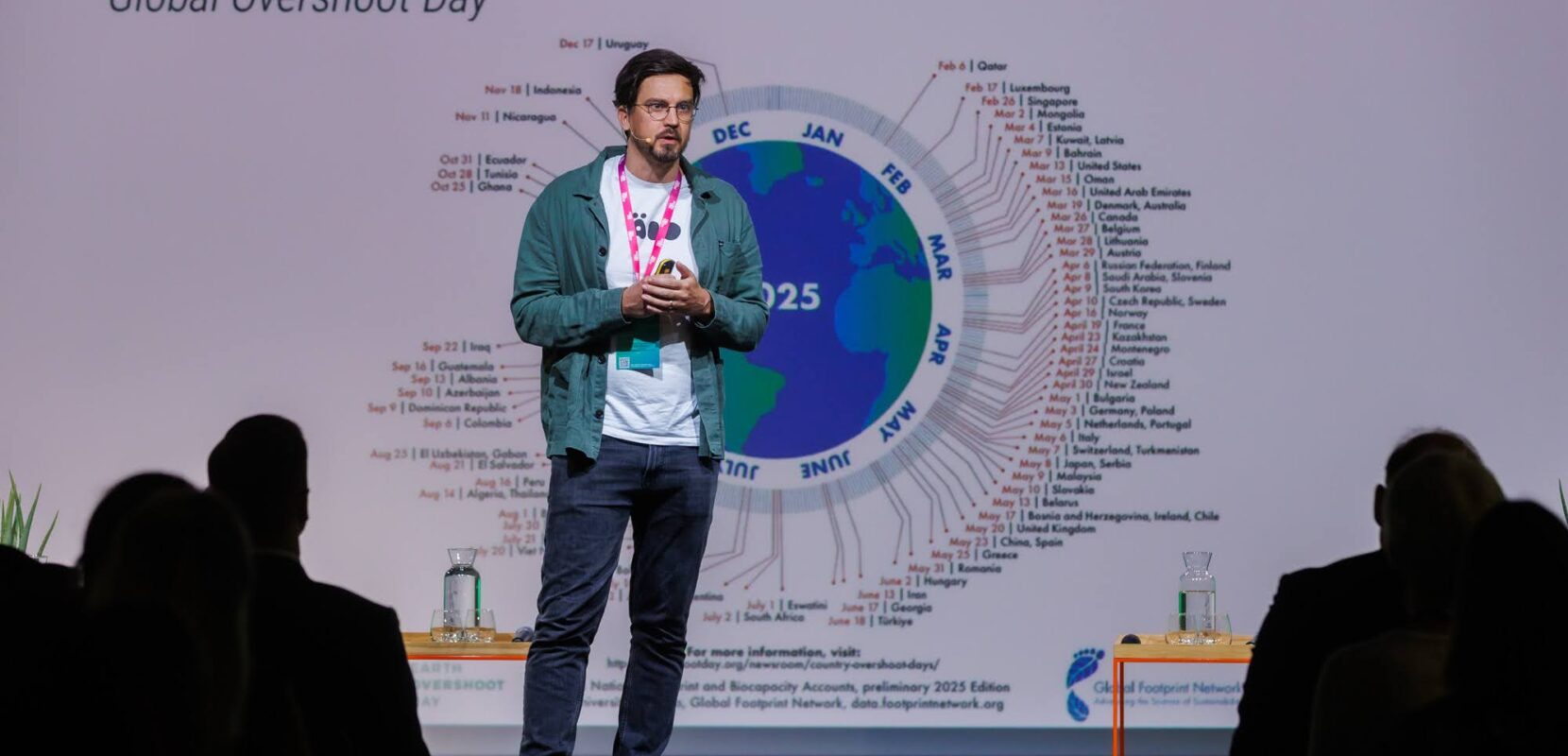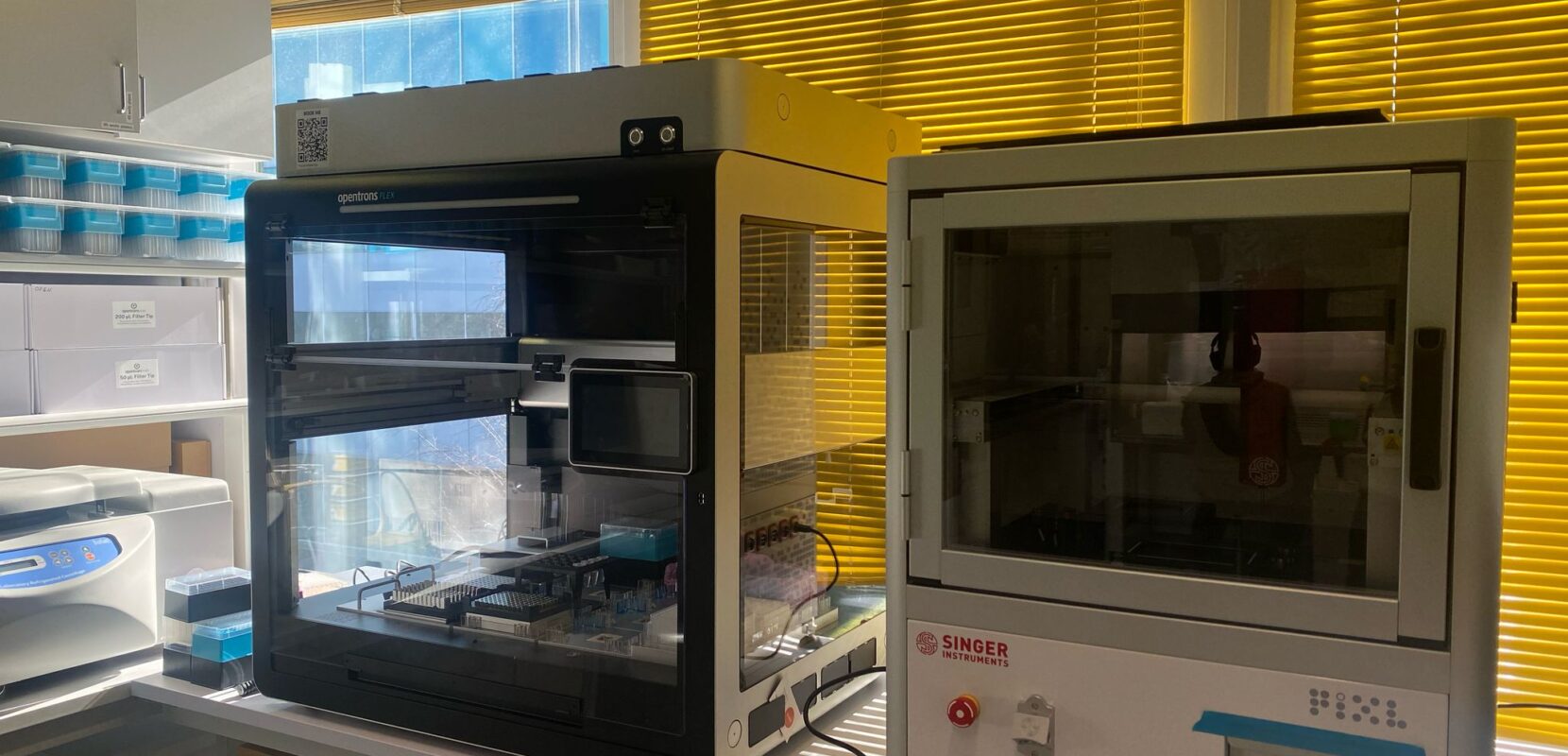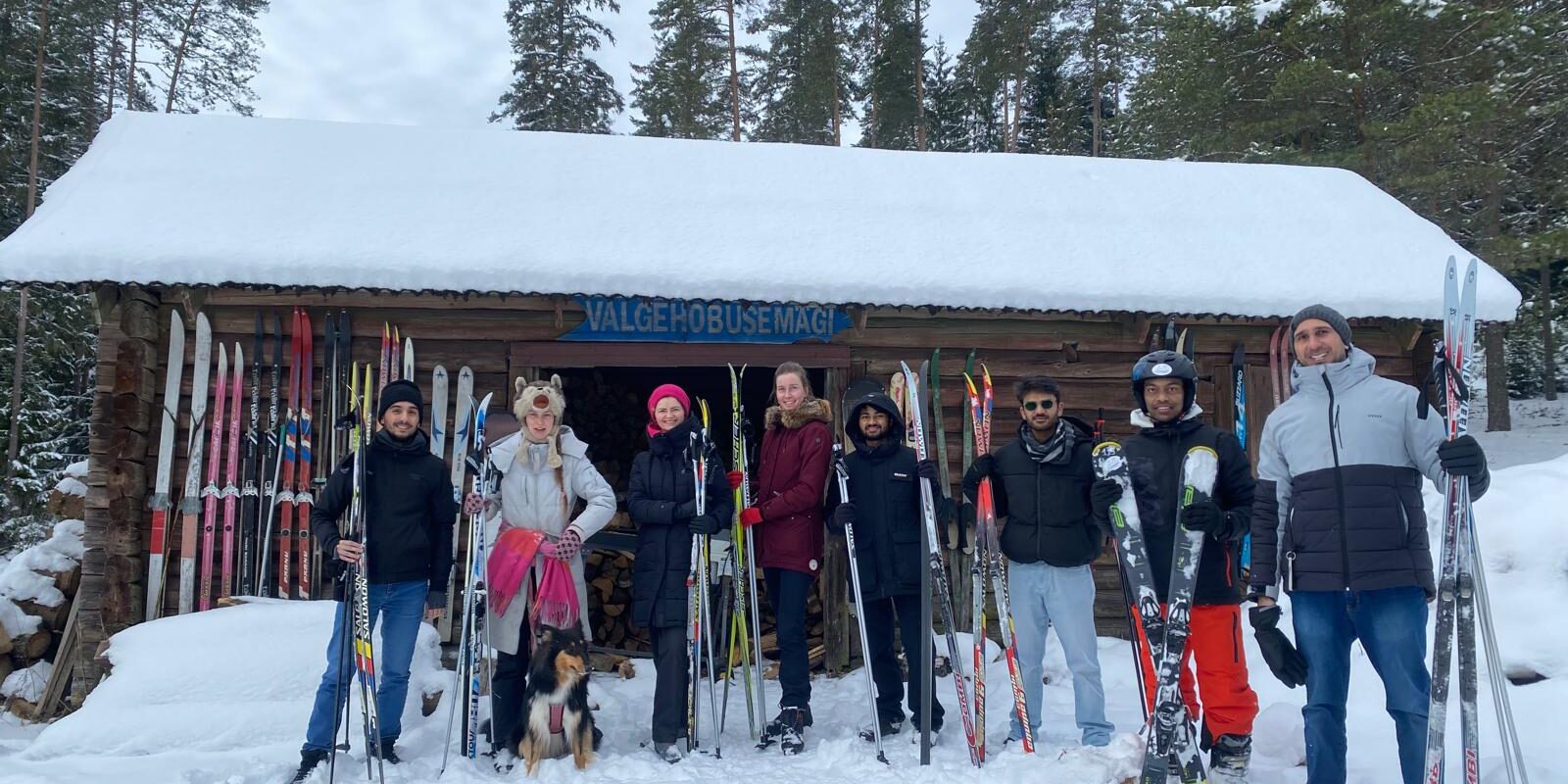Kristin Antoi, 22-years old, 1st year MSc student in Applied Chemistry and Biotechnology who is working in Bioengineering laboratory, spent an exchange semester in Danish University of Technology (DTU), Denmark.
Kristin explained that there has been a lot of talk about opportunities to go abroad with Erasmus. She wanted to go somewhere where she could learn different subjects and supplement knowledge from TalTech and found DTU as a prospective option. “I mainly took subjects related to medicine, such as Vaccine technology, Molecular biology and diagnostics and Eukaryotic biology. One course was also about start-up entrepreneurship in food innovation, where I was involved in two ideas. We developed business models for a smoothie powder made with fruits that are about to be discarded. The other idea focused on puddings made for cancer patients who have lost their sense of taste due to radiation treatment,” explained Kristin.
Kristin spent one semester at DTU and described that the beginning was effortless since most deadlines approach towards the end of the semester. She added that one difference with Estonian subjects is that the classes did not have any practical part. There were specific practical subjects called projects but they needed to be declared separately, and unfortunately the one she was interested in, got full quickly. She, however, turned her hand to practice while working for a research group that developed microchips for medical applications. “My work entailed filling the microchips with a solution and checking their quality under microscope,” elaborated Kristin.
About life in Denmark in general, she pointed out that there are many more job offers in the biotech industry there, as the industry is already established. “The Danes have a strict work-life balance. The workdays tend to be shorter and they also leave as soon as the clock strikes. Moreover, they have a lot of public holidays, for example two additional holidays between 1st of June and Midsummer.”
To get around, Kristin experienced the true life of a Dane and bicycled everywhere, including 4 km from the dormitory to campus and back every day. “I never stepped foot in public transport,” she claimed. Everyone speaks fluent English there but as a dog lover Kristin learned one sentence in Danish: Må jeg kæle med din hund?
She found the stay fruitful as she gained an understanding about what research topics she would like to focus on in the future. She also met many great people from abroad with whom she studied together, mostly from China and Latvia.
Danish Technical University is also our partner in DigiBio project to facilitate technology transfer for building an automated high throughput strain and protein engineering platform.
Photo is obtained from Pexels
